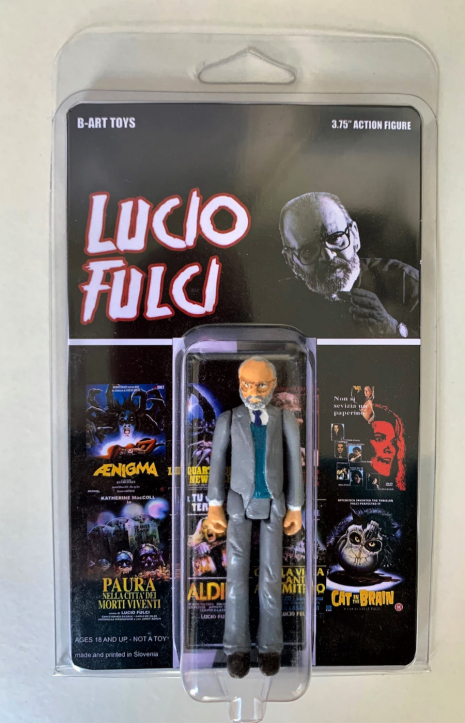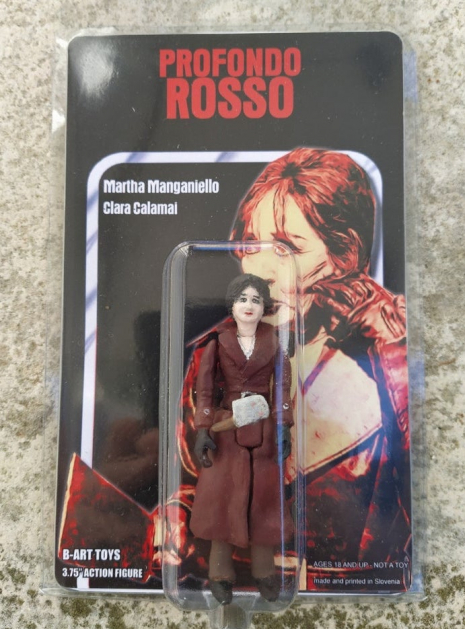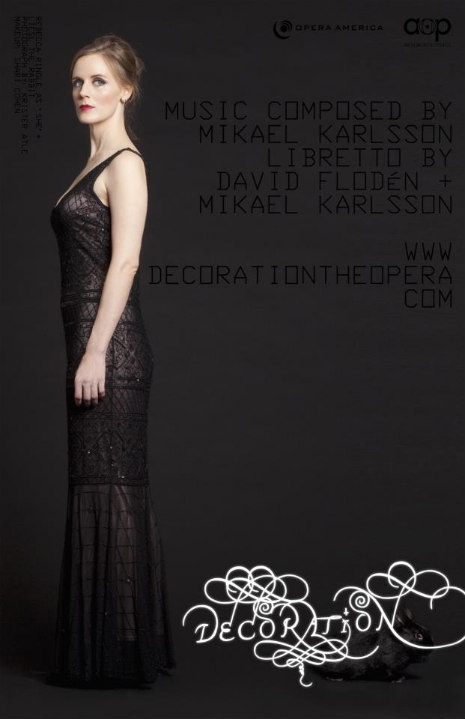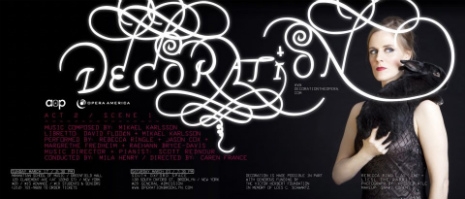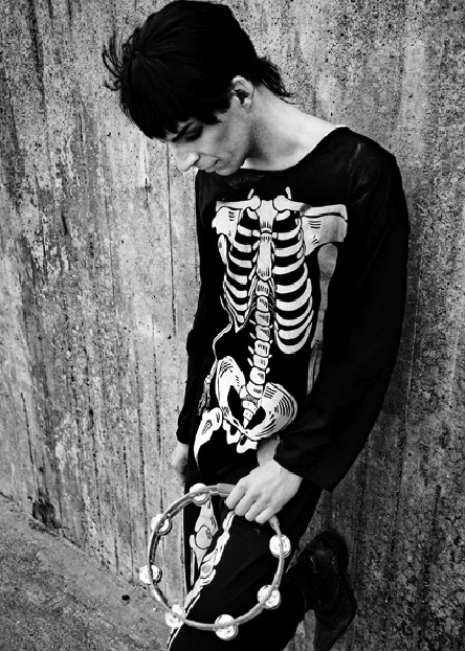
There are those who are late developers. Paul Gauguin was in his mid-thirties before he quit his job as a stock-broker and gave up his middle class life to paint pictures; Augustus John was twenty-eight when one summer, he dived into the sea, hit his head and emerged from the waters a genius; Mikael Karlsson was twenty-one when he decided to quit his job at the liquor store and become a composer.
Mikael Karlsson: ‘It was very late, it wasn’t until twenty-one when I dropped out of Law School. I’d always been playing piano and drawing, but I didn’t have much to say.
‘Three years into Law School, I realized I really hated it. I wasn’t performing well. So, I dropped out of Law School and found a piano teacher. I didn’t tell my parents that I had dropped out. For a year, I worked in a liquor store to pay for piano lessons, and then I started to bang things out on the piano and record them.
‘Two years later, I realized finally that here was a medium with which I had something to say with. Before then, I had pretty much succumbed to the idea that I wasn’t going to do anything artistic. It wasn’t in the cards for me, even though I had an urge. But I didn’t feel the confidence to do it until I was twenty-one and I was grown-up.’
Mikael Karlsson was born in Sweden in 1975. When he started playing the piano in the mid-1990s, it was more than apparent he had an incredible affinity with music. But without any academic grounding in music, Mikael was unable to enter any of Sweden’s music schools. He, therefore, decided to move to New York
Mikael Karlsson: ‘I’ve lived in New York since January 8th, 2000. I moved here to study. In Sweden admission to music school is centralized and as I was very much outside of that system, I would have not been admitted because I had no background in music.
‘On the other hand here in New York, you kind of pay-your-way into it. So I went to the cheapest possible stage school that would allow me to enter. I went to Queen’s College. What I loved about it was that it was easy to get in, and you could get a lot out of it. I spent 5 years doing that, getting my Masters here.’
Karlsson earned a masters degree in composition from the Aaron Copland School of Music and graduated Summa Cum Laude with departmental honors in June of 2005.
Mikael Karlsson: ‘When I graduated, I realized that the musicians I kept collaborating with lived here. So, I needed to stay.’
Since graduating, Mikael has produced an incredible array of work: writing and releasing albums; contributing tracks to the films of Bruce LaBruce; composing music for the Cedars Lake Dance Company; collaborating with designer and film-maker Anna Österlund; scoring and producing for Black Sun productions; writing music for video games; working with Lydia Lunch; and composing an opera.
Karlsson wears his success lightly. He delights more in other’s good fortune, rather than his own achievements. He makes his life seem like a series of happy accidents, rather than the product of his incredible talent and dedicated hard work, which make him so productive, so successful and such a brilliant composer.
If this weren’t enough, Mikael has the looks of pop star and a wicked sense of humor, which sparkled throughout our interview.
Paul Gallagher: How did you first start composing?
Mikael Karlsson: ‘My friend Niklas showed me how to sequence things on a computer, and I had been writing these little musical sketches, and now I was finally able to hear them.
‘I remember spending an evening programming pieces I had written but never heard performed on his computer, and when I played it back, it was one of the most gratifying experiences I have ever had. I was just sitting in my apartment on the floor listening to it over-and-over-and-over again.
‘Finally hearing that there was something there mattered to me. It was a very different feeling. I finally felt content pouring out of me, and it made me curious. It made me wonder what the hell I was saying?
‘I was just exploring where music can go, and in a non-experimental way at first, because I wanted to figure out what the language was. I didn’t know any music theory, but it was now possible for me to replicate something that I heard. So, like any artist at the start, I learnt through copying. Eventually I accumulated a palette of what music I seemed to prefer, and my own language started growing out of that.’
Paul Gallagher: What was your early music like?
Mikael Karlsson: ‘My early pieces were very romantic, and there’s something of that even now, and there’s also that Scandinavian darkness that doesn’t seem to want to leave.
‘None of my pieces are about me. It’s not like I’m expressing something that’s just about me, I’m watching where the music want to go, and that’s what keeps it fresh, that’s how I keep wanting to do more.
‘I’m interested in seeing where elements of Classical music can fit into Pop music, and where Experimental music can fit into more conventional classical music. Such combinations became more interesting as I went along and I became able to do things.
‘Because I was very insecure about what I had made, I hardly allowed anyone to listen to it. But when I did, they seemed to be affected by it, and that was a fantastic kick for someone who had spent twenty-years refusing to go there.’
Mikael Karlsson has made a special sampler of his music for Dangerous Minds readers, which you can download here or click on the image below.
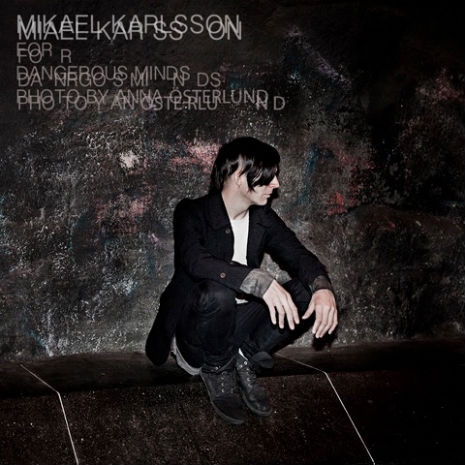
Find out more about Mikael Karlsson here.
Previously on Dangerous Minds
‘Danach’: A film by Anna Österlund featuring music by Mikael Karlsson and Black Sun Productions
More from Mikael Karlsson, after the jump…

